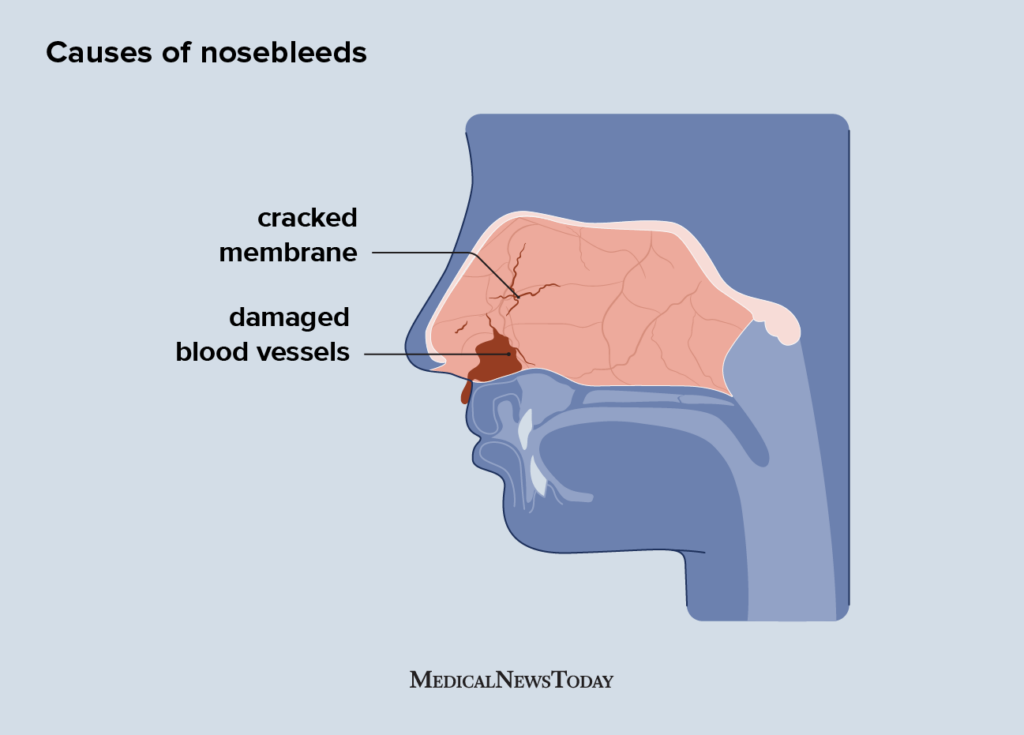"Decoding the Enigmatic Connection: Bloody Nose and COVID-19"
Explore the link between COVID-19 and nosebleeds, understanding if bloody noses are a symptom or concern related to the virus.

Coronavirus disease (COVID-19) has shown a vast spectrum of symptoms ranging from mild to severe. The most common symptoms identified so far are fever, dry cough, and fatigue. However, it is crucial to understand that COVID-19 might present itself with a variety of other symptoms as well, one of which could be a bloody nose, also known as epistaxis.
Epistaxis is not a common symptom of COVID-19, but it could potentially be seen in some cases. The virus primarily affects the respiratory system; however, the nasal cavity is a part of this system, and thus can be impacted. The virus can cause inflammation of the nasal membranes, leading to dryness, which can lead to nosebleeds. However, having a bloody nose does not necessarily mean one has COVID-19. It can also be caused by other factors such as a dry environment, allergies, certain medications, and even common colds.
Since COVID-19 is still a relatively new virus, researchers are continuously studying the virus and its effects on the body. The list of symptoms is continually evolving as we understand more about this disease. That being said, it's important not to jump to conclusions if you experience a symptom like a bloody nose. While it's crucial to stay informed and aware, it's also essential not to panic. Epistaxis is typically not a cause for concern and can usually be managed at home. However, if you have other symptoms of COVID-19, such as fever, cough, or difficulty breathing, you should seek medical attention.
Preventing the spread of COVID-19 remains an essential task. Everyone has a role to play in slowing the spread of this virus. To protect yourself and others from COVID-19, regularly wash your hands, practice social distancing, wear a mask, and sanitise frequently touched objects and surfaces. If you are feeling unwell or experiencing COVID-19 symptoms, it is crucial to get tested and self-isolate until you receive your results. If you test positive, follow your healthcare provider's advice on treatment and isolation.
Remember, while a bloody nose can be frightening, it's often not a sign of a serious issue. However, if you are experiencing frequent or heavy nosebleeds, you should seek medical advice. If it's accompanied by other COVID-19 symptoms, testing should be considered. This disease is still being researched, and knowledge is our best weapon in fighting it.



